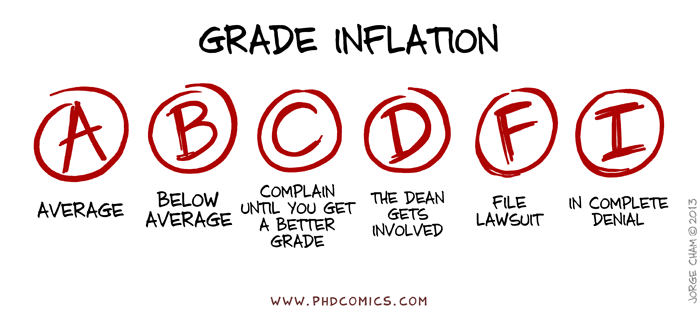Reports of the college essay's death have been greatly exaggerated. If you're in doubt, just mention
Rebecca Schuman's Slate essay, "The End of the College Essay," and sit back as faculty in a variety of disciplines and alums with wide-ranging college experiences weigh in on just how much writing matters.
But note: Schuman's widely excoriated essay deals specifically with the writing assigned in gen. ed. humanities courses. I teach gen. ed. humanities courses. Maybe that's why I didn't hate her essay as much as a lot of people did, and why I'm still thinking about it now that Schuman has moved on to other ways of annoying academics. It's hard to find a good conversation, online or in person, about teaching practices in the analog gen. ed. humanities course--but that's a subject for another blog post.
No, college writing should live on, but there's a certain kind of ubiquitous paper assignment in the gen. ed. humanities that should be euthanized (particularly to the extent that "the humanities" get conflated with "literary study"). It constituted almost the whole of my own undergraduate learning (in an elite private institution of higher education), and it's the kind of paper assignment that I
used to routinely assign in all of my classes, regardless of level or audience. The following description characterizes writing in a number of disciplines, but I'm going to call it The English Paper: anywhere from 3 to 15 pages, focused on one or more complex texts, involving an interpretive argument of some sort that draws evidence from a close reading of key passages.
Nothing wrong with that, right?
Here's the problem: The kids who can productively dig into this kind of essay generally already have a pretty good grasp of what it means to write well and how to make sense of a literary, philosophical, or historical document (and many of them are already majoring in subjects—polisci, history, english, etc.) that draw on those skills and demand sustained writing. Those are only a fraction of the students in my gen ed classes, though. Many students (who will never take another course in the humanities) come to the class without the kinds of writing skills that have been honed on complex texts, and they are generally baffled by essay prompts that expect them to know already what that engagement looks like.











